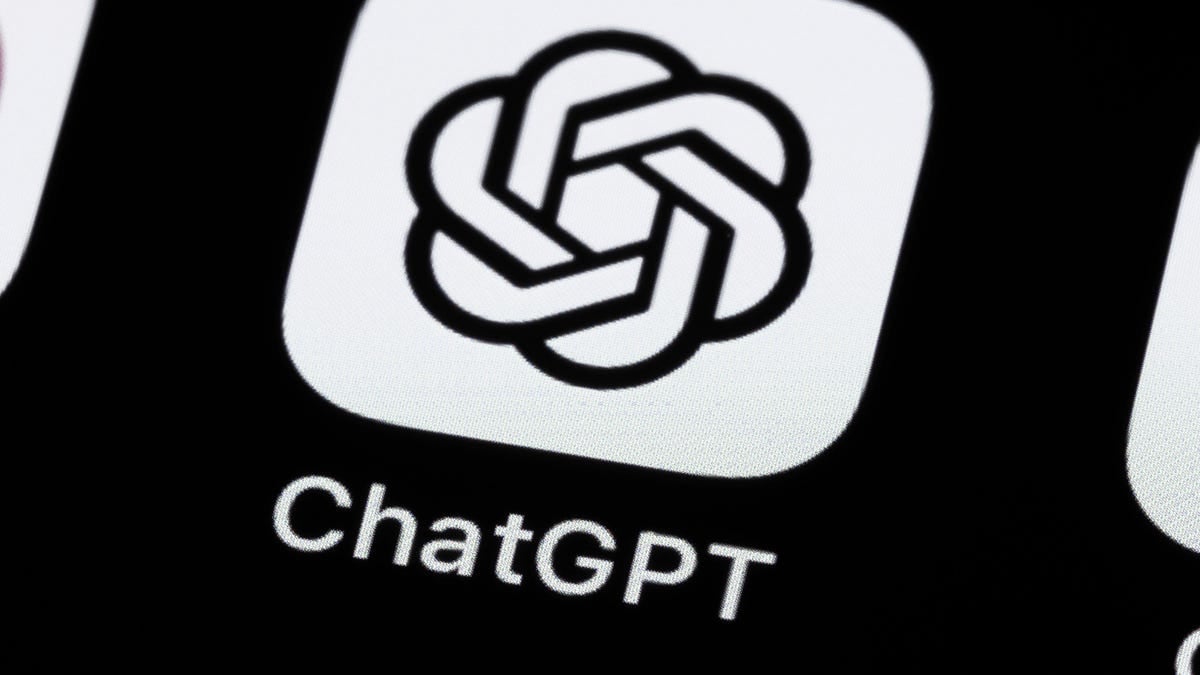- cross-posted to:
- fuck_ai@lemmy.world
- cross-posted to:
- fuck_ai@lemmy.world
The research from Purdue University, first spotted by news outlet Futurism, was presented earlier this month at the Computer-Human Interaction Conference in Hawaii and looked at 517 programming questions on Stack Overflow that were then fed to ChatGPT.
“Our analysis shows that 52% of ChatGPT answers contain incorrect information and 77% are verbose,” the new study explained. “Nonetheless, our user study participants still preferred ChatGPT answers 35% of the time due to their comprehensiveness and well-articulated language style.”
Disturbingly, programmers in the study didn’t always catch the mistakes being produced by the AI chatbot.
“However, they also overlooked the misinformation in the ChatGPT answers 39% of the time,” according to the study. “This implies the need to counter misinformation in ChatGPT answers to programming questions and raise awareness of the risks associated with seemingly correct answers.”



We’re close to peak using current NN architectures and methods. All this started with the discovery of transformer architecture in 2017. Advances in architecture and methods have been fairly small and incremental since then. The advancements in performance has mostly just been throwing more data and compute at the models, and diminishing returns have been observed. GPT-3 costed something like $15 million to train. GPT-4 is a little better and costed something like $100 million to train. If the next model costs $1 billion to train, it will likely be a little better.